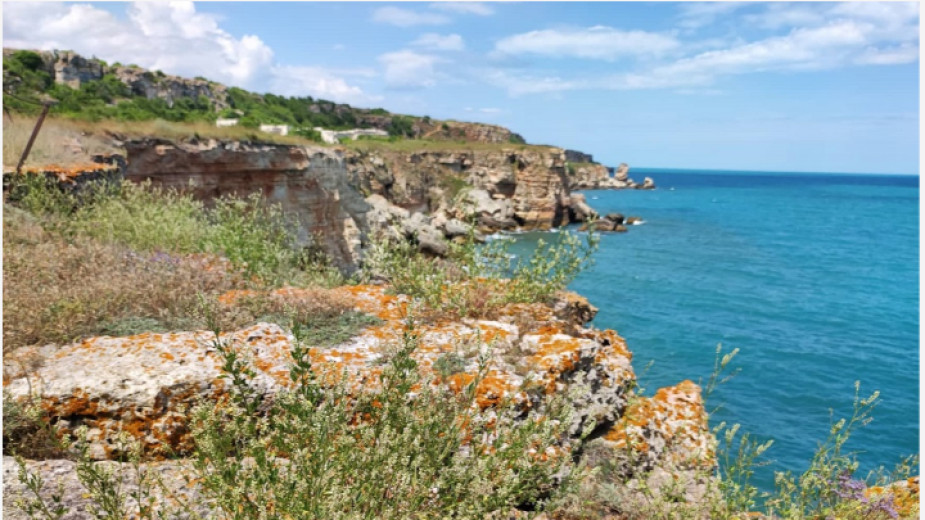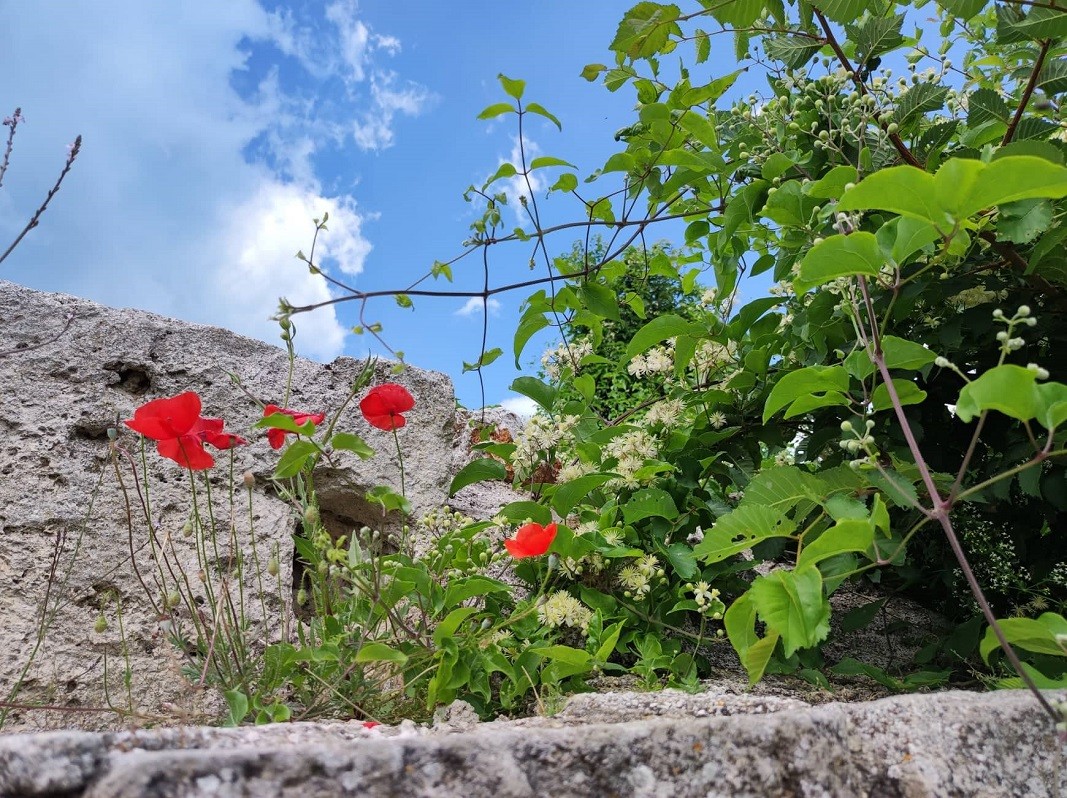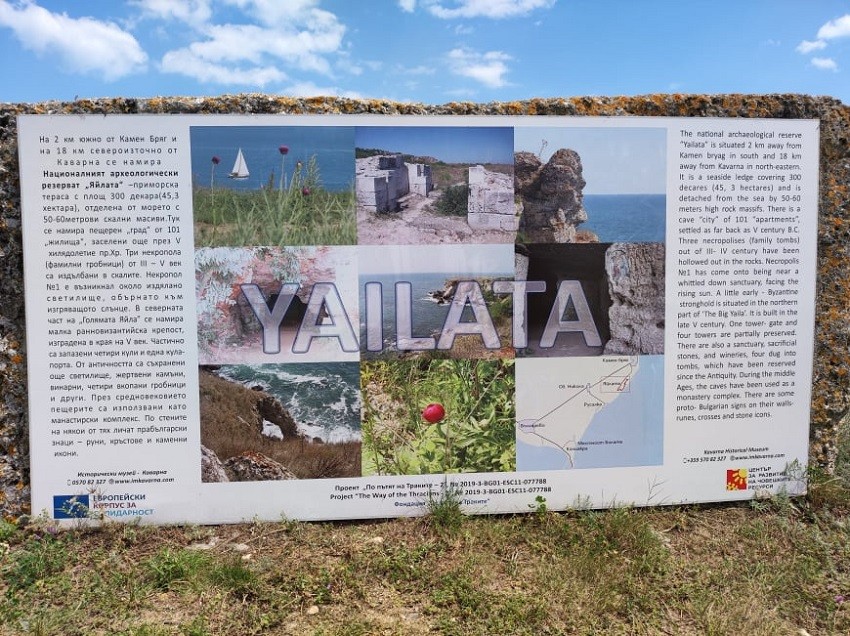 13
13
Crystal-clear seawater, sheer cliffs and steppe vegetation – there are many places like this to the North of Varna where the road winding across the Dobrudzha plateau leads up to Kamen Bryag and Yailata. The high shores here are studded with caves, broken by rocky coves hidden from view by limestone cliffs and lush verdure. The itineraries here are not easy, so they attract hikers looking for more rugged terrain, so they can combine a holiday by the sea far from civilization with rock climbing.

Sweeping views, solitude and extreme adventure are not the only thing that brings people to this bewitching part of Bulgaria’s Black Sea coastline. It has also grown popular for the tradition of July Morning, when, on the first day of July, people come together on the seashore to welcome the dawn to the sound of rock music, and especially Uriah Heep’s July Morning.
It is a fact that as they welcome the first rays of the sun rising from the sea, to the sound of rock, many rediscover Kamen Bryag, which, in May, is an ocean of wild peonies and cornflower.
Just two kilometres South of the village spreads the protected area Yailata, where past and present come together. There is so much to see in this cultural and historical reserve – remains of prehistoric cave dwellings, Thracian sanctuaries and necropolises, a Roman port, a Byzantine settlement with a fortress wall and a Christian Orthodox church dedicated to the saints Constantine and Helena. It is even said that the Roman poet Ovid once lived in one of the cave dwellings.

In our day, the reserve attracts many visitors who come here to get a feel of times long gone by, and also for the breathtaking view of the sea and the ebb and flow of the waves. We talk to Nikita Georgiev, who has been coming here for a long time:
“What I love about the Northern portion of Bulgaria’s Black Sea coast is that is not as built-up as the Sothern parts,” Nikita says. “There are still many “wild” places here, there are historical and cultural landmarks, and they all make it a really enjoyable place. Here, you can literally trace the history of the human race back 7,000 years, and that is something rarely seen anywhere else. In Yailata, for example, there are rock dwellings where humans lived 5,000 years ago. There are remains of Thracian history, then Roman history, Byzantine history.

But climbing above the plateau and looking to the West, the view is of modernity – with wind turbines and airplanes in the sky… The place spans 7,000 whole years.”

The long route which traverses the littoral terrace, covering an area of 45.3 hectares, is studded with signposts that fire the imagination. Nikita says he hopes one day people will be able to learn more about the finds from antiquity. And people do come here – even on weekdays:

“Yes, there are people coming here,” says Tatyana Atanasova from the Yailata visitors’ centre. “It is different on different days – on weekends more people come, on weekdays – fewer. We have people coming from Czechia, from Poland, all kinds of nationalities. The archaeological excavations and the study of the cultural layers continues. Some of the sites are being partially restored.”

Via Pontica, the migratory route for birds passes right above Yailata, with some 50 bird species actually nesting in the rocks of the reserve itself. These include the European roller, the European shag, the Eurasian hoopoe. More than 270 species of animals are also registered here, as well as 19 rare plant species and plants in danger of extinction.
Photos: Darina GrigorovaAs in 2024, this season's vacancies in the tourism industry will be filled by workers from third countries . According to employers from the Northern Black Seacoast, entire Turkish teams are employed in the kitchens of Albena resort. Workers from..
The first tourists of the new tourist season arrive today on a flight from the Polish city of Krakow. At Burgas Airport, they will be welcomed with a water salute and souvenir gifts in the presence of the Minister of Tourism Miroslav Borsos and the..
Intense preparations are underway on the Southern Black Sea coast for the upcoming summer season. The first tourists are expected for Easter, and businesses are actively seeking thousands of workers, reports public service broadcaster BNT. The..

+359 2 9336 661
